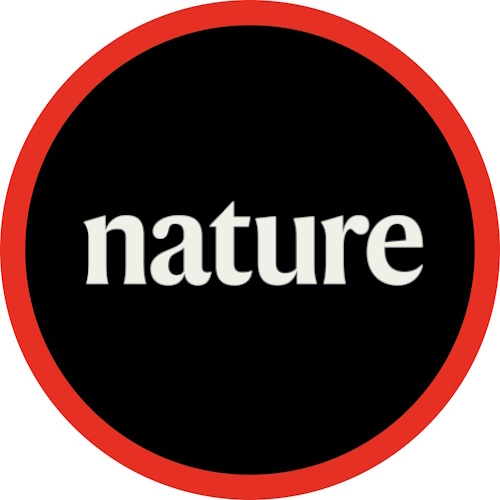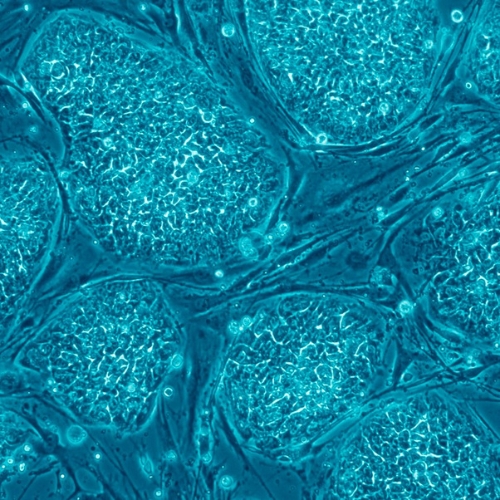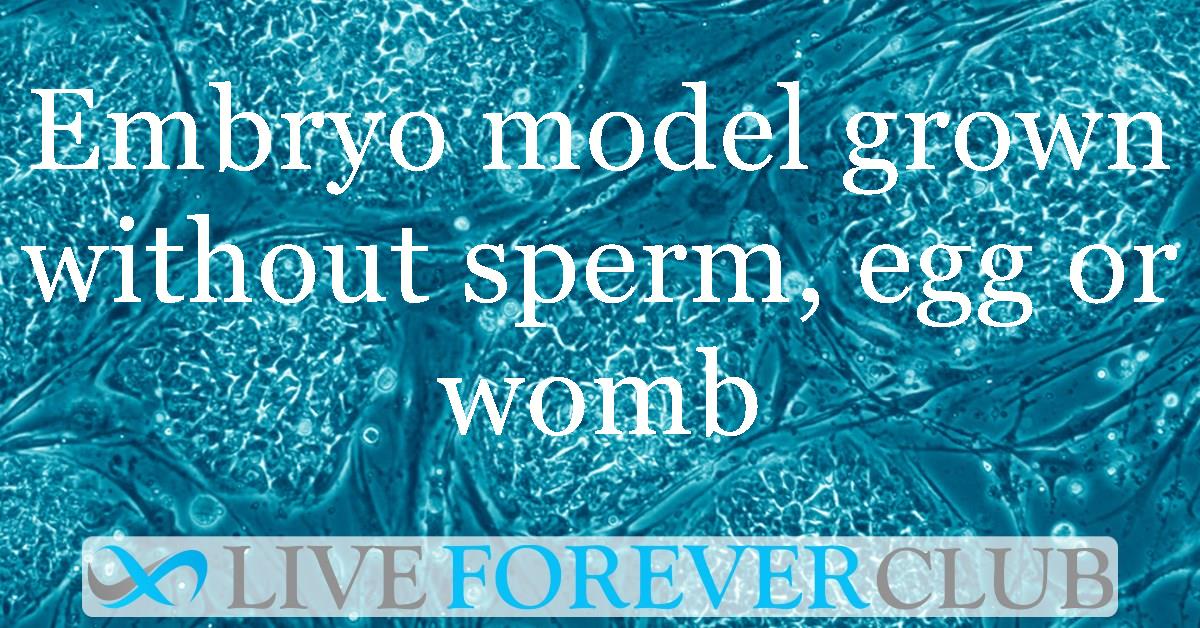Key points from article :
Scientists at Weizmann Institute of Science have grown an entity that closely resembles an early human embryo, without using sperm, eggs or a womb.
The embryo model was made using stem cells and looks like a textbook example of a real 14-day-old embryo.
Researchers cultivated four types of early human embryo cells.
The team led by Prof. Jacob Hanna used a technique called "induced pluripotent stem cells" to create the embryo model.
The model even released hormones that turned a pregnancy test positive in the lab.
The researchers say that the embryo models are not identical to human embryos, but they are very close.
The work also raises ethical questions about how embryo models should be regulated.
The ambition for embryo models is to provide an ethical way of understanding the earliest moments of our lives.
It has the potential to develop new treatments for infertility and miscarriage.
The research was published in the journal Nature.







